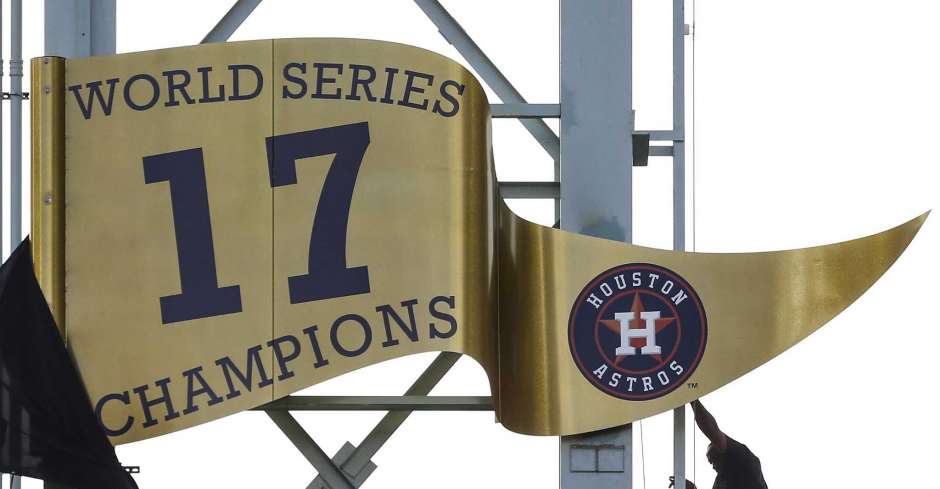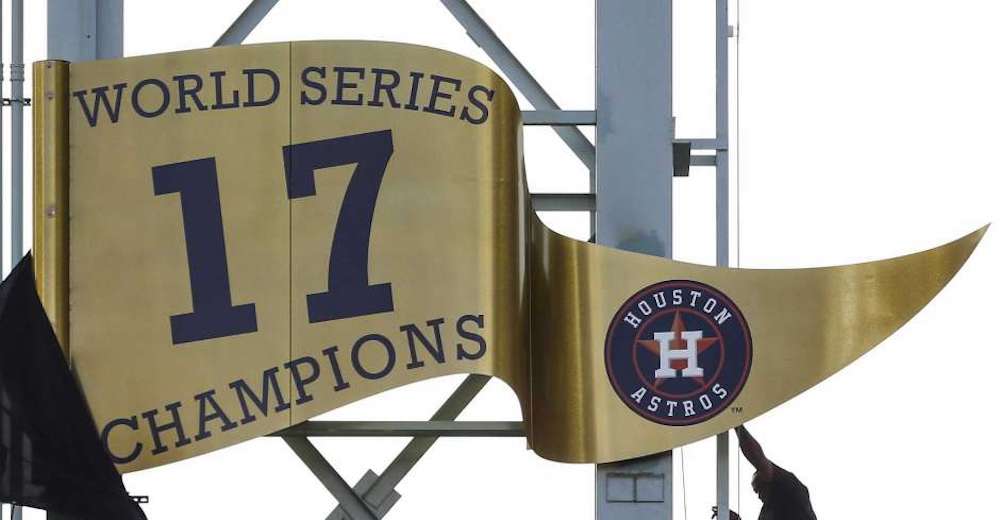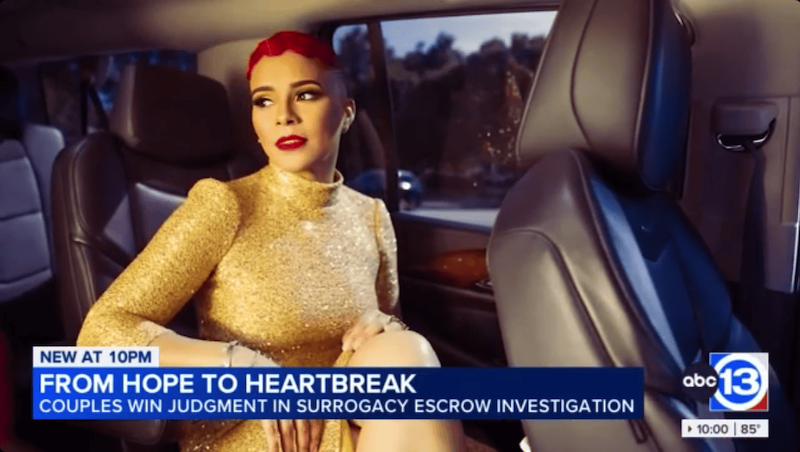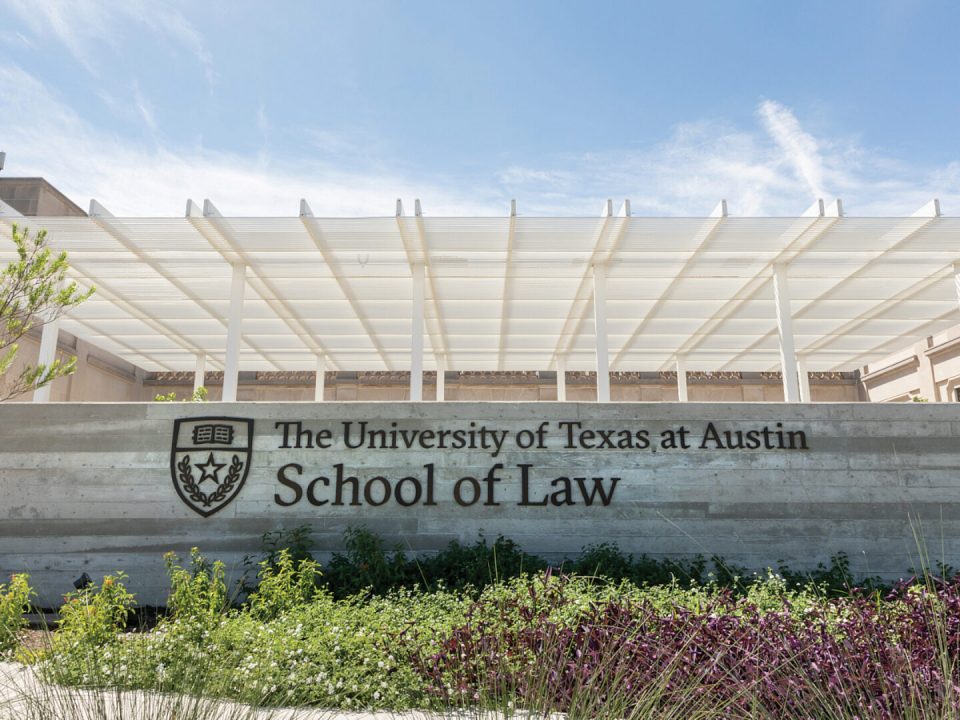
- Dallas (Principal Office)
- (214) 780-1400
Talmage Boston Addresses Astros Lawsuits in Houston Chronicle
David Barron, Houston Chronicle |

As far as even some of their season ticket holders are concerned, the Astros’ 2017 World Series title is tarnished. Photo: Brett Coomer, Staff / Houston Chronicle
With three potential class action lawsuits pending against the Astros in Harris County courts, the scene is set for what attorneys say is a multi-layered, landmark legal battle that could test the wits and knowledge of lawyers, judges and jurors and perhaps extend beyond information disclosed in Major League Baseball’s report.
“This is a complicated mess,” said Talmage Boston, a Dallas attorney who has written two books on baseball’s history and is a member of the Texas Baseball Hall of Fame. “We have never seen anything like this before. There will be nothing easy about this case.”
Two additional lawsuits were filed against the ballclub Tuesday, bringing to at least seven the number of cases in state and federal court stemming from the electronic sign-stealing scheme in 2017-18 that resulted in Major League Baseball sanctions against the ballclub.
In the two latest suits, filed by the Hilliard Martinez Gonzales law firm in Corpus Christi, attorneys will seek authority to collect testimony that could go beyond details collected by the MLB probe that led to the firing of Astros manager A.J. Hinch and general manager Jeff Luhnow by team owner Jim Crane.
John Duff, an associate with the Hilliard firm, said attorneys for the ticket holders will attempt to question not only current and former Astros players and management but also MLB executives and players and managers from other teams, extending the boundaries of the MLB probe.
“Things are coming out every day that other teams knew about (the Astros’ sign-stealing efforts),” Duff said. “We want to discover the knowledge of this within and outside the organization, including other teams that caught wind of it.”
Sports-related lawsuits are not uncommon, with examples including the NFL’s “Spygate” affair with the New England Patriots and cases filed by disgruntled New Orleans Saints fans over officiating decisions that affected playoff games.
Club will seek dismissal
None of those cases proceeded to trial. Boston, however, said he believes the three Harris County cases, each of which seeks to represent season ticket holders who say they were defrauded by the Astros’ misdeeds, have a chance to proceed.
“The Astros will try to get them dismissed, but I think they will get teed up in front of a jury,” Boston said. “There are some compelling facts, and the evidence discovery will go deeper than anything we know in terms of what (MLB commissioner Rob Manfred) had in his investigation.
“It really is a can of worms.”
Each of the three Harris County cases is before a different judge. All three, plus any future cases, now will wind their way through the legal equivalent of Tinker to Evers to Chance before they could approach presentation to a jury.
The Astros’ likely first step will be to have the cases consolidated into one matter before a single judge. Next will come hearings to determine if the claims by season ticket holders warrant certification of a class of claimants entitled to sue the team.
Regardless of the outcome, Boston said the class action decision likely will be appealed to a state court of appeals and the Texas Supreme Court, a process that could take several months.
If the case survives that challenge, he added, the Astros are likely to file a motion for summary judgment, arguing that the case does not have sufficient merit to proceed to a jury and should be dismissed.
From there, the next step would be evidence discovery and depositions that Boston said could dwarf the evidence compiled by MLB investigators for inclusion in their seven-page report on the Astros scandal.
And finally, if the case continues, it will culminate in a trial without precedent, based on untested arguments and high legal uncertainty given the lack of precedent, in which the outcome is anyone’s guess.
“Both sides will have a great challenge to make a tight legal argument, given there is virtually no (precedent) on point to address these facts,” Boston said. “They will have to find something off point and argue from there.”
The first ticket holders suit, filed Friday by Beaumont attorneys Mitchell A. Toups and Richard L. Coffman on behalf of season ticket holder Adam Wallach of Humble, seeks class action status for Astros full and partial season ticket holders from 2017 through 2020 and damages in excess of a million dollars. It is before 152nd state District Judge Robert Schaffer.
The two suits filed Tuesday by Hilliard Martinez Gonzales represent season ticket holders from 2017 and 2018.
Roger Contreras is lead plaintiff in the 2017 ticket holders lawsuit, which was assigned to 127th state District Court Judge R.K. Sandhill. Kenneth Young is lead plaintiff in the 2018 ticket holder case, which was assigned to 165th state District Court Judge Ursula A. Hall.
Duff, with the Hilliard firm, said attorneys will attempt to keep the lawsuits in state court and would oppose efforts to move them to federal court. Three suits against the Astros, Red Sox and Major League Baseball are pending in New York and Nevada.
“Fans have lost faith (in baseball), and we think they should be compensated to deter future conduct like this,” Duff said. “Fans feel like they paid money, using their life savings to go to World Series games, and they feel like they wasted their money and that the Astros will have asterisks after their title for the rest of their lives.”
Boston, a partner in the Dallas firm Shackelford, McKinley & Norton, finds the case engaging on two fronts, legal and historic.
He is the author of two books — “1939: Baseball’s Pivotal Year” and “Baseball and the Baby Boomer” — and has lectured on baseball at the National Baseball Hall of Fame in Cooperstown, N.Y., and the Great Fenway Park Writers Series i
n Boston. He was inducted in 1997 into the Texas Baseball Hall of Fame.
“It tarnishes the game,” he said. “Nobody in sports history is going to get booed like the Houston Astros in 2020. It’s going to be merciless, it’s going to be ugly, and it could get scary. In my mind, they should not still be regarded as World Series champions.”
From the aspect of season ticket holders suing the Astros, he said, “You buy tickets with the idea that the game will be played on a level playing field. If one team has a clear competitive advantage, that is not a level playing field.”
Boston said the Astros, meanwhile, are likely to argue that fans paid for tickets to a baseball game and “they got to see a baseball game. All the innings were played, so you got full value for the ticket.”
Breaking new legal ground
“In complicated liability cases and damage questions, it’s a matter of first impressions,” Boston said. “In a case of first impression where there is no precedent and there is equity on both sides, it is highly uncertain how a judge or court will rule, because we have never seen this.”
The two Hilliard suits allege fraud by concealment, breach of contract, unjust enrichment and violations of the Texas Deceptive Trade Practices Act. Damages by each prospective class member would not exceed $75,000 per person plus interest fees and court costs and attorneys’ fees.
Both suits begin with the declaration, “Baseball is America’s game. It is as American as apple pie. And it is not just a game.”
The Wallach suit alleges negligence, breach of contract and violations of the Texas Deceptive Trade Practices Act and seeks damages in excess of a million dollars.
The Astros said Wednesday they would have no comment on the lawsuits.
Click here to read the full article on www.houstonchronicle.com




